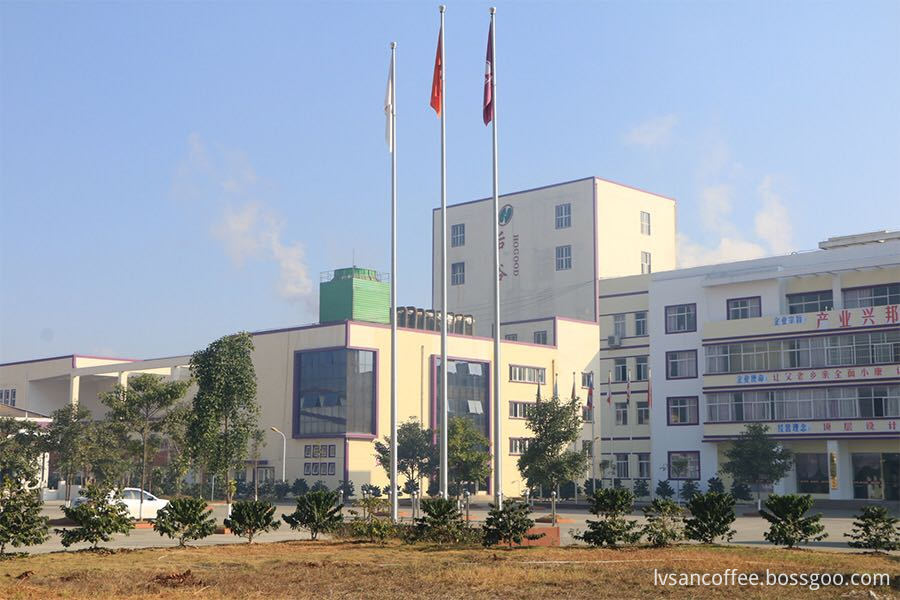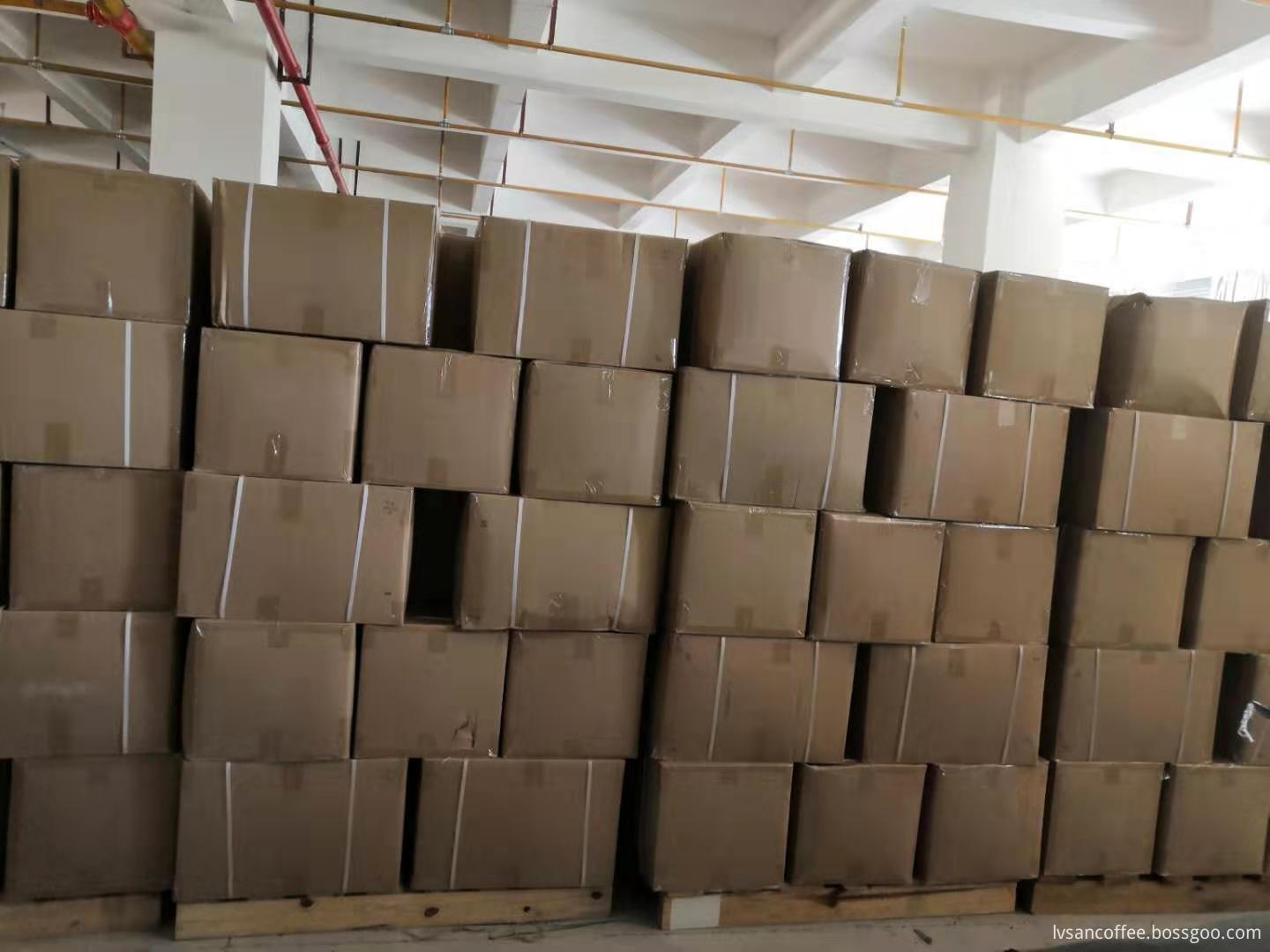In winter, overwinter pasture provides abundant green forage for livestock, making up for the shortcomings of inadequate supply of forage grass for livestock in winter. At present, the main species of overwintering forage grasses are grasses: multi-flowered ryegrass, winter grazing, 70; legumes, alfalfa and red. White clover and so on. Overwinter pasture should pay attention to the following issues when managing and using it in the field.
1. Top dressing. Sufficiency of water and fertilizer can significantly increase the tillering of forage pastures, promote the robust growth of their seedlings and root development, and enhance the cold resistance of overwinter pastures; if water and fertilizers are insufficient, poor growth occurs. Therefore, based on the application of basal fertilizer, winter and early spring to top dressing, usually 7.5 to 10 kg of urea per acre. In addition, every time you cast a loach, you must top-dress one fertilizer. Each time, you can apply 6-8 kg of urea. Some overwintering forages combined with the application of phosphorus and potassium fertilizers will have better results, which can significantly promote the growth of stems and leaves.
2. Weeding and weeding. Overwintering forage grasses grow slowly at the seedling stage and have a weak ability to compete with weeds. The tall weeds not only reduce pasture yield, but also affect forage pastures. Therefore, weeding should be performed in time for 1 or 2 times. Return to green in early spring and after each cutting, cultivating loose soil and eradicating all kinds of weeds. After spring, the winter grazing 70, multi-flower ryegrass tiller, grow fast, can inhibit weeds, generally no longer need cultivator. Dongmu 70's suppression of the root soil before winter can promote its tillering and improve its cold resistance; if the winter animal husbandry 70 has a prosperous phenomenon, it should be lightly rubbed once during the winter to 20 to 30 days in order to suppress its violent growth.
3. Pest control. Overwinter pastures (such as Dongmu 70 and Lolium multiflorum) are vulnerable to pests and insect pests such as armyworm and aphids. They must be sprayed in time to prevent and control pesticides such as killing and killing. The disease most affected by alfalfa is sclerotinia, and it is prone to such diseases when the soil is wet after early spring rain. It is possible to apply quicklime powder on the ground or spray carbendazim on alfalfa plants for prevention and treatment.
4. Ditch drainage and irrigation. Grazing grasses (such as Dongmu 70, ryegrass, and ryegrass) have strong resistance to fleas and can tolerate short-term over-wet environments and ground water. If the weather is dry, pouring frozen water before wintering will help the pasture winter and return to green. Legumes are generally not resistant to water stains and should not contain water. The growth of forage grasses in low-lying fields or poorly drained fields can easily lead to poor plant root development. Excessive waterlogging can easily cause rot-root dead seedlings. Therefore, it is necessary to pay attention to trench drainage to reduce the groundwater level in areas with excessive rain or snow or low-lying and poor drainage.
5. Castration. Overcast winter pastures should be castrated in stages depending on the feeding target. When feeding rabbits, they can be grazing when the grass grows to 30-60 centimeters. When cattle and sheep are fed, they are generally castrated at the heading and flowering stages, and generally stay about 10 cm.
6. Silage. In order to guarantee the quality of silage pastures, forage grasses can generally be cut during the heading period. The cut grass seedlings are cut to a length of about 10 centimeters, and the water content is kept below 70% for silage fermentation.
7. Dry the hay. You can choose to grind on sunny days for more than two consecutive days, pluck them into thin layers on the ground and dry them until the moisture content is 14%, and store them for feeding when the winter and spring are short of grass.
100%Arabica Instant Coffee: The flavor is sweet and soft. It is a High quality raw material of black coffee.
Product features:
1. Special large package for industrial raw material sales;
2. 100% pure coffee;
3. Good instant solubility;
4. Unique aromatic oil recovery device to maintain the flavor of coffee to the greatest extent;
5. Stable raw material origin and long-term supply


Granulated Coffee,Instant Black Coffee,Best Soluble Coffee,Arabica Instant Coffee
Yunnan New Biology Culture Co,.Ltd , https://www.lvsancoffee.com